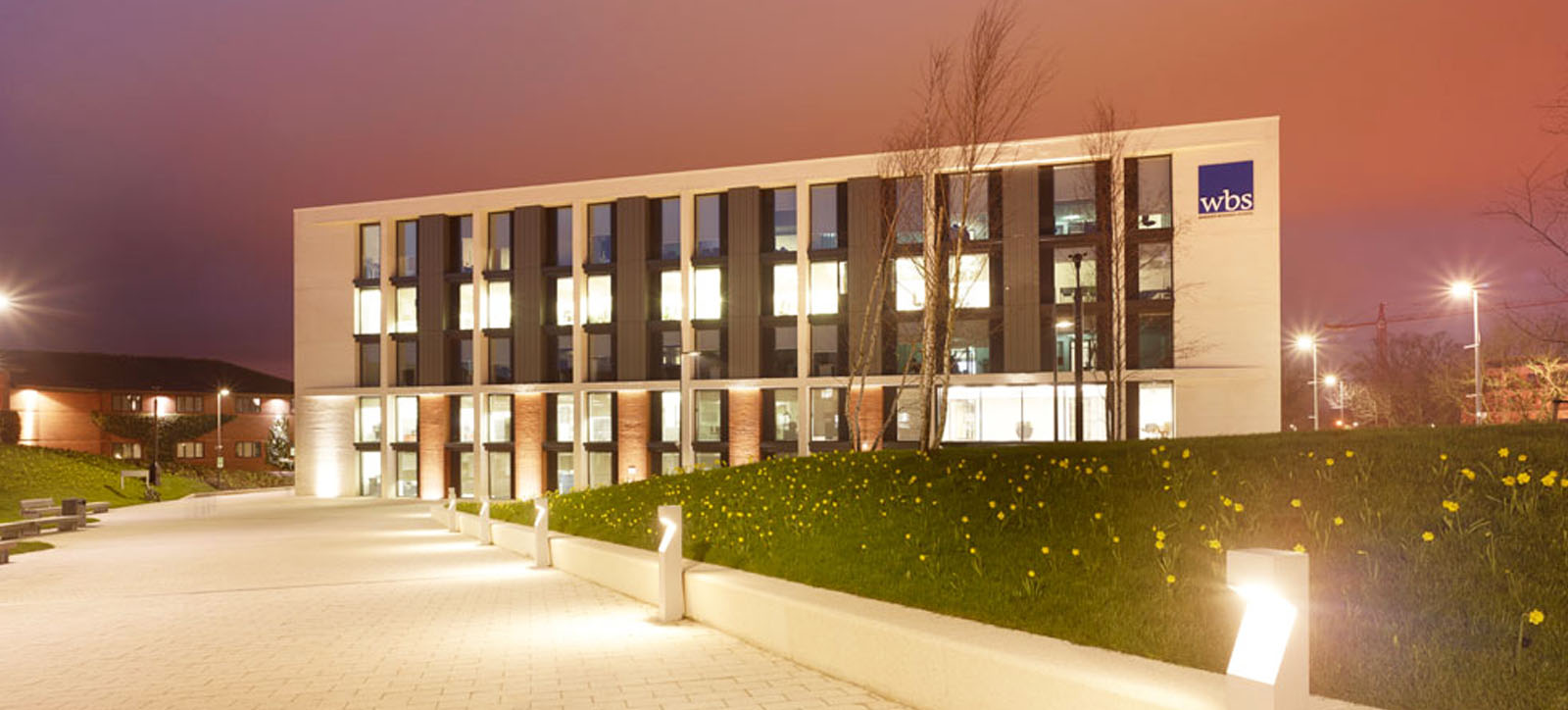
- More than 100 entries for the inaugural WBS For the Future prize
- Competition looks for solutions to environmental and sustainable issues
- Winning idea uses fog harvesting to tackle global water and food shortage
- Champions encouraged by judges to take innovative design further
A sustainable agricultural system has won Warwick Business School’s inaugural For the Future prize.
Out of 118 ideas put forward to solve humanity’s greatest challenges as defined by the United Nation’s Sustainable Development Goals team Cibus was chosen by the judges.
Cibus is made up of undergraduates Ka Chan, 19, Gurneet Mann, 20, Gabrielle Connell, 19, Adibah Roslaile, 22 Valentin Back, 21.
Their design centred on a pyramid that combined the latest technology to tackle the problem of water shortage and arid land that is afflicting crops and leading to food shortages in many parts of the world.
It involved using a fog harvesting net to capture condensation to water the crop inside the pyramid, which uses aeroponic farming, where plants grow in a mist environment without the need for soil. It also used solar panels to power the system.
Competition organiser Frederik Dahlmann, Associate Professor of Strategy and Sustainability, said: “Cibus were able to combine academic rigour with entrepreneurial flair and innovative thinking. After two rounds of assessment and evaluation, their proposal stood out because of its ability to demonstrate that the UN Sustainable Development Goals can serve as a fruitful framework for developing high-impact proposals that simultaneously benefit the environment and society in a variety of ways.
“Their idea has the potential to address several important environmental and social challenges around the world, and particularly in many developing and water-starved countries.
.jpg)
“Food security is a fundamental human right, but in many cases political, economic and technological progress towards achieving this goal is slow, and often further stymied by complex environmental challenges.
“Cibus are attempting to improve not only access to food, but also provide opportunities for producing energy and economic development through an innovative design solution that has the potential to change many people's lives.
“The team has drawn on wide-ranging expertise from across the University of Warwick and I hope they will find the time and resources to pursue their proposal beyond campus in years to come.”
Related course: BSc Management
According to a United Nations University study an area the size of France - 20 per cent of the world’s irrigated lands - suffers from soil salinization, where salt has degraded its ability to produce crops, while desertification of land now afflicts 168 countries according to the UN Desertification Convention (UNCCD).
This coupled with a global water shortage where, according to the World Water Council, 1.1 billion people live without clean drinking water, is putting pressure on farming around the world with the World Food Programme estimating 124 million people in 51 countries are facing a food crisis.
BSc Accounting and FInance student Gurneet said: "The compeition has been helpful for me in understanding how we need to drive a sustainable future. It was also useful to see how our ideas, that start as brainstorming between a few students, can very quicly become reality and, with the help of the business school plus collaborations with the local community, there is a lot of scope for the these projects to become real and make a difference to people’s lives."
Dr Dahlmann added “The WBS For the Future Prize was established to give students an added incentive to showcase their wide range of knowledge and skills developed as part of the core year two undergraduate module Global Integrative Project.
“The use of prizes as part of addressing ‘grand challenges’ has a long-standing tradition and is designed to create incentives for a wide range of ideas and participants to contribute their proposals.
Related course: BSc Accounting & Finance
“Likewise, we hope the For the Future Prize will itself become a WBS tradition that inspires future cohorts of WBS students to compete for and to become the change makers of the future."
BSc Management student Valentin added: "Winning this prize is reward for the effort we have put into creating the proposal in the initial assigmment phase and in preparing our pitch.
"It is not only the prize that is important, but having the entreprenierial mindset of seeing a problem and creating something for the greater good."




 X
X Facebook
Facebook LinkedIn
LinkedIn YouTube
YouTube Instagram
Instagram Tiktok
Tiktok